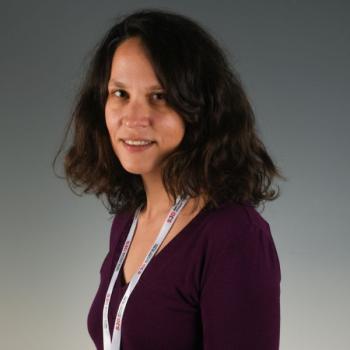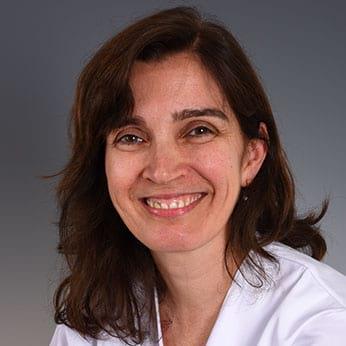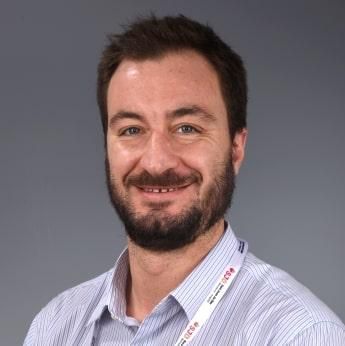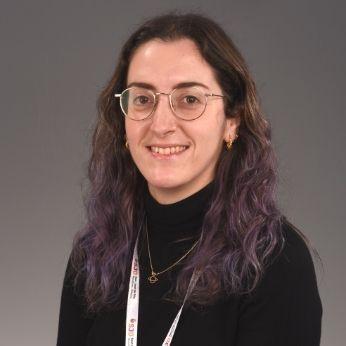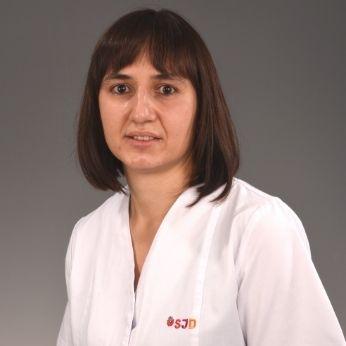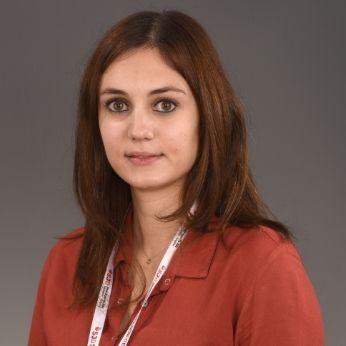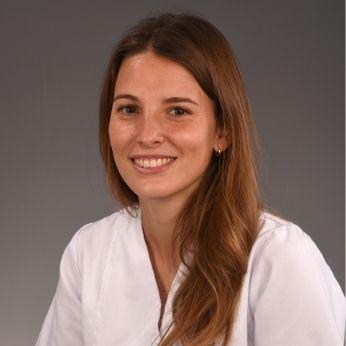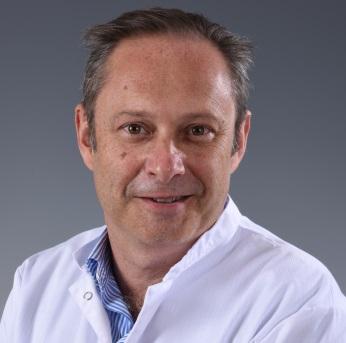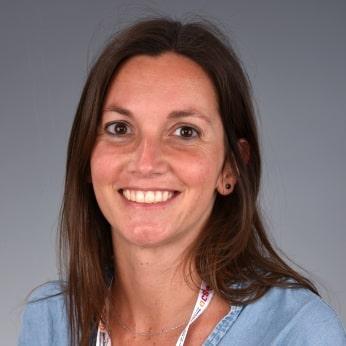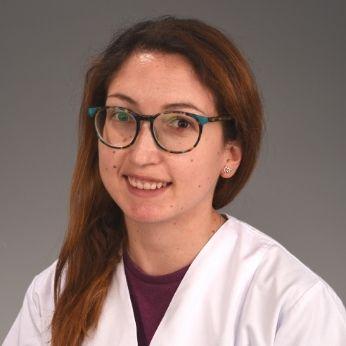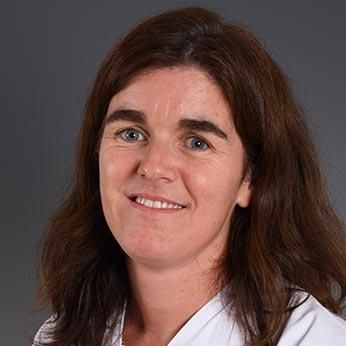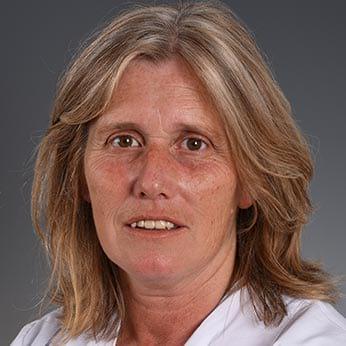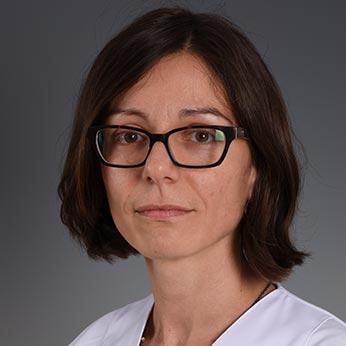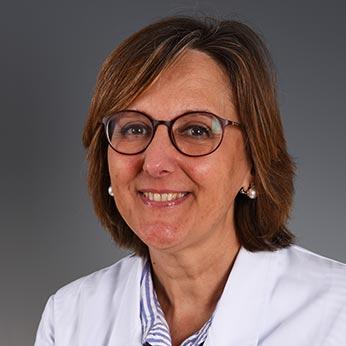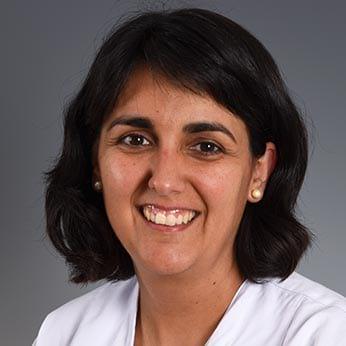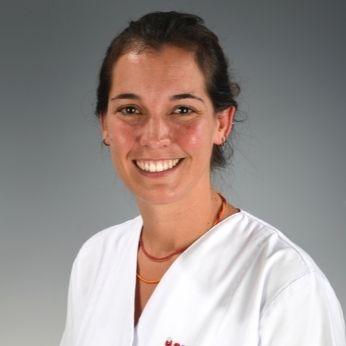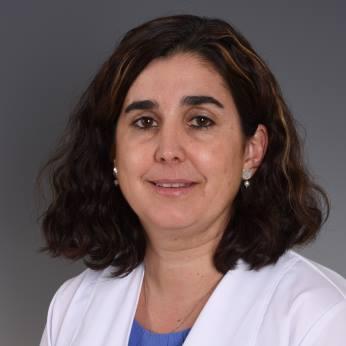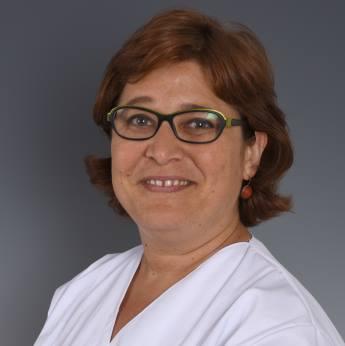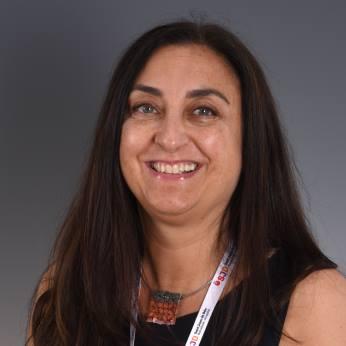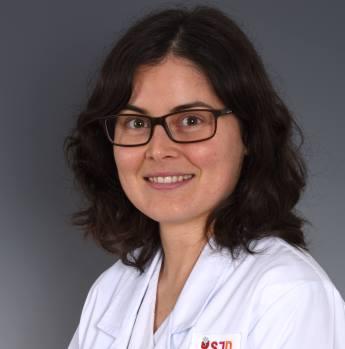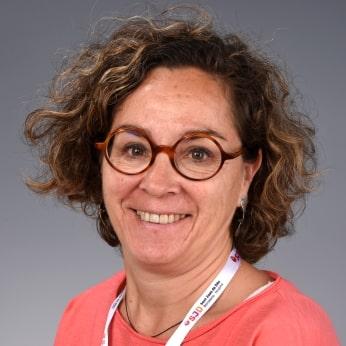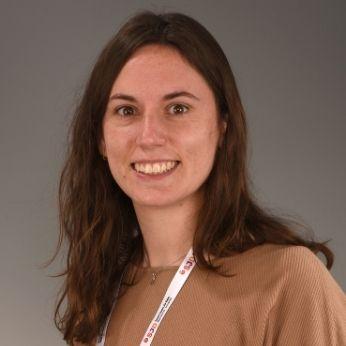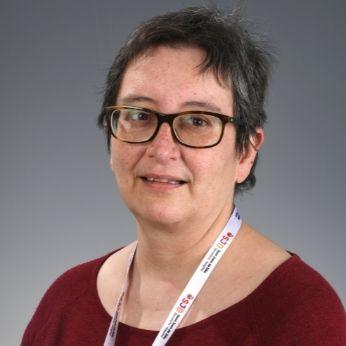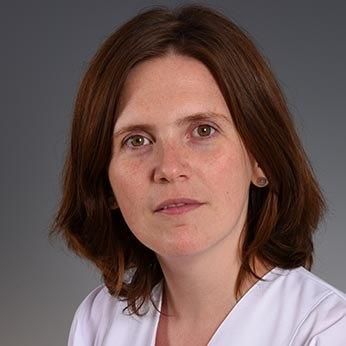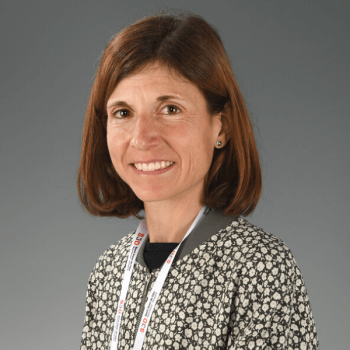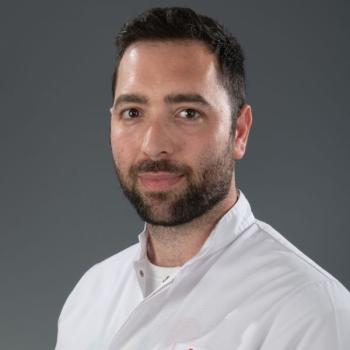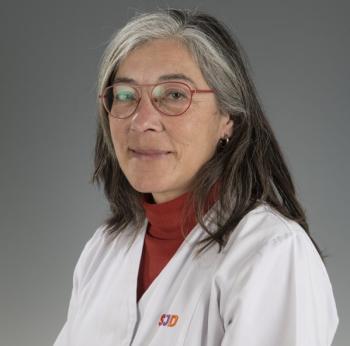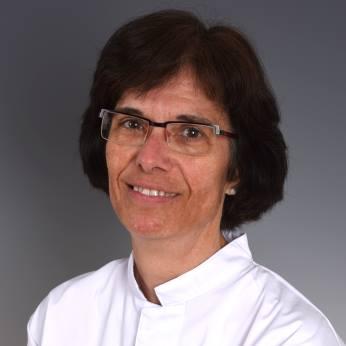
The Laboratory Service of the SJD Barcelona Children's Hospital offers the healthcare professionals who use its services relevant information for the correct clinical diagnosis and therapy control of patients.
Presentation
Our specialists analyse biological samples of various origins with a wide range of laboratory techniques, under a strict quality assurance system.
In the SJD Barcelona Children's Hospital's laboratory, we cater to the orders of physicians at this site and at the Parc Sanitari Sant Joan de Déu in Sant Boi de Llobregat.
We also fulfil requests for analyses and studies from other centres. We receive 380,000 orders each year, generating some 3 million measurements or analyses.
Our central facilities are located at the SJD Barcelona Children's Hospital. We also have a basic laboratory at the Parc Sanitari in Sant Boi de Llobregat, which performs urgent blood and biochemistry analyses and microbial studies. Both laboratories coordinate their activities and share services.
The laboratory is registered in the Registry of health centers, services and establishments of Catalonia with the number H08000875.
Thanks to the specialised nature of our technical and clinical environment, we have access to benchmark procedures and techniques, which we also offer to external centres. Our catalogue of specialist tests can be viewed below.
Access to results
The status of the requests we make can be consulted through our Consult IT application. To access you need the username and password that we have previously provided.
Technical areas
The Laboratory Department has six technical areas: Hematology, Biochemistry, Microbiology, Genetics, Central Laboratory and Emergency and Transfusion.
Haematology
In the Haematology laboratory, studies targeting the diagnosis and monitoring of different haematological diseases are conducted, both malignant (leukaemias) or else quantitative and/or qualitative alterations of erythrocyte, platelet and/or granulocytic series.
The analysis of different specimens (peripheral blood, bone marrow, node samples, etc.) is performed by means of cytology, flow cytometry, molecular biology and biochemical techniques.
The main haemoglobinopathies and haemostasis are also studied.
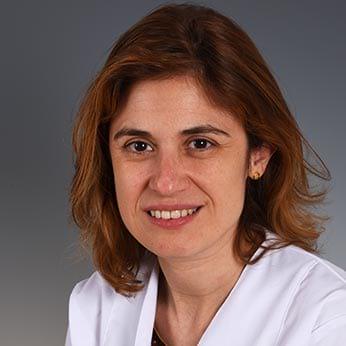
Biochemistry
The Biochemistry laboratory is tasked with analysing multiple biological magnitudes that provide information about the diagnosis and monitoring of metabolic pathologies (inborn errors of metabolism), hormone-or tumour-based conditions, gastrointestinal function (coeliac disease, pancreatic function), autoimmunity and allergies.
It also deals with drug monitoring and fertility studies. The technology employed is based on biochemical quantification techniques (spectrophotometry, HPLC, CG-MS, UPLC/MS-MS, capillary electrophoresis, ICP-MS, to name but some) and different molecular biology techniques.
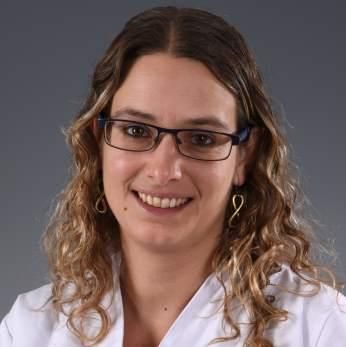
Microbiology
The Microbiology laboratory performs the aetiological diagnosis of infectious diseases. The Bacteriology, Parasitology and Mycology area isolates and identifies pathogenic agents and reports on their sensitivity to drugs. The Serology area quantifies different viral antigens and IgG and IgM levels versus multiple pathogens.
The Molecular Microbiology laboratory uses molecular biology techniques to identify and quantitate viral and bacterial pathogens.
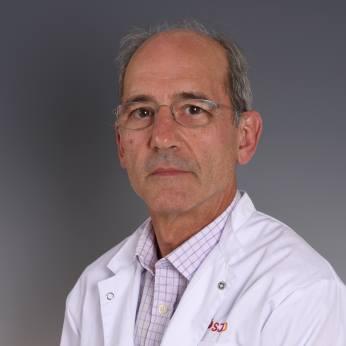
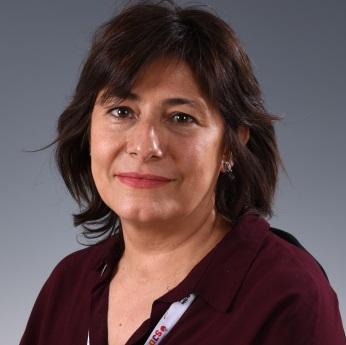
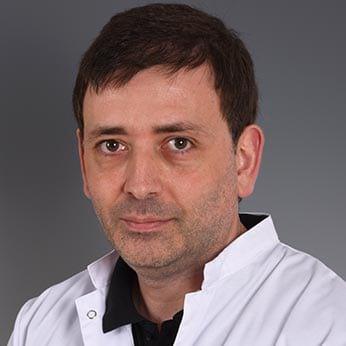
Genetics
The Genetics laboratory performs analyses and studies targeting the diagnosis of genetic and hereditary diseases. The Cytogenetics area performs classic and molecular karyotyping techniques for prenatal and oncohaematological diagnosis, among other conditions.
The Molecular Genetic area uses different molecular biology techniques to identify alterations in individual genes in order to study gene panels, as well as the exome.
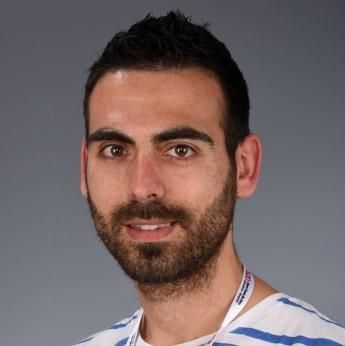
Central and Emergency Laboratory
The Central and Emergency laboratory works non-stop as a real-time or rapid-response laboratory. It performs urgent analyses and delivers, in the shortest possible time, the results of haematimetry, gasometry, biochemistry in blood and urine, basic urine examination tests and other quick tests.
Being a laboratory linked to a children’s hospital, all techniques are performed using the lowest possible volume of blood.
Similarly, the laboratory concentrates all determinations performed in an automated fashion for routine or scheduled analyses.
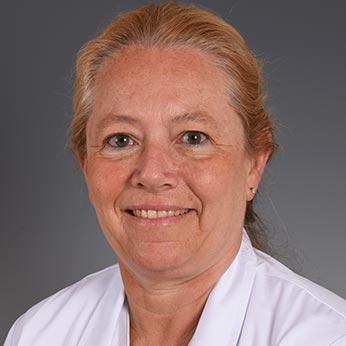
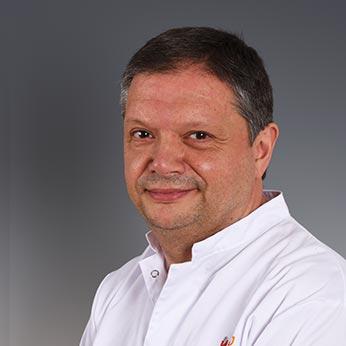
Transfusion
The Transfusion Service is responsible for providing the haemotherapy support required by the patients attended to at the hospital, particularly in operating theatres and the servicies of Neonatology, Intensive Care, Oncology and Haematology.
The immunohaematology tests that are needed to guarantee safe transfusions are carried out in its laboratory.
The service also takes charge of different therapeutic procedures that are performed in contact with the patient: apheresis, plasma exchange, etc.
Technical Director: Enric García Rey (Blood and Tissue Bank)
Management direction
Management direction
The Laboratory Service is a management unit, which means that it is accountable to the Hospital management for its results and the resources that it uses.
The main objective involved in laboratory management is to ensure user satisfaction, quality of service, the efficient use of resources and the professional advancement of its administrative, technical and medical personnel.
Quality Assurance Unit
The laboratory Service of the SJD Barcelona Children's Hospital has a quality assurance system based on the UNE-EN ISO 9001 standard, certified by AENOR (ER-1333/2002), in place. Moreover, an important set of biochemical magnitudes that are essential in the diagnosis of congenital metabolism errors are accredited by ENAC according to the UNE-EN ISO 15189 standard.
The Unit coordinates the necessary tasks to guarantee the proper maintenance of the quality system and leads the ongoing improvement process.

Quality certificates and technical documents
Information on laboratory tests (Labs Test Online)
Teaching
The Laboratory is committed to training new professionals in its speciality and participates in the development of training programmes in three areas:
- Training System through BIR, FIR, MIR, QIR.
- Development of the Practicum corresponding to University Degrees in the biomedical discipline.
- Practical training agreements for the “Clinical and Biomedical Laboratory” Higher Degree Training Cycle.
Train with us
If you are a health professional, contact us.
Investigation
The professionals engaged in the Laboratory Service regard research, and its different clinical areas, as being of great value in the improvement of clinical practice.
Exploring our understanding of the biological mechanisms of diseases and innovating in the diagnosis of disease are the objectives pursued by the different research lines conducted thanks to the Sant Joan de Déu Research Institute (IRSJD).
